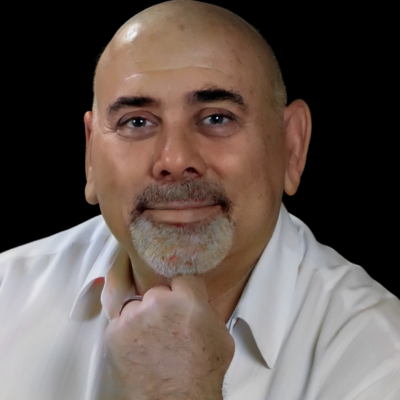We all make decisions every single day. We decide what takes priority and how and when we choose to perform those tasks. We decide what bills get paid and when. We decide on the clothes we wear, where we shop, and who our true friends are.
The list of decisions we constantly make is endless. In the business world, those in the C-Suites make decisions every day that not only impact their companies but also affect those employees on the front lines.
But what process do we all use to make our decisions? Do we measure more than just the obvious desired effect and consider the waves of unintended consequences that may result? While often a natural part of decision-making, consequences often have profound and even dangerous effects, especially when those decisions do not fully consider the potential ripple effects. This is a common issue. which often makes it a critical area of consideration for anyone involved in decision-making, whether personal, business, or government-related.
There is no question that the deregulation of radio, going back to the Telecommunications Act of 1996, opened the door to media consolidation and ownership rules that led to where the industry is today.
This translated to greater investment from media companies who were able to scale their business and even enlarge the footprint of radio into multimedia areas that would not have been previously possible. In truth, most of us saw immediate, positive results of deregulation, and many of those still exist today. However, there have been undeniable, unintended consequences which I will not and do not need to enumerate. Most of us have lived through those as well.
My point is more about the everyday decisions we make as managers that impact our listeners, clients, and team members. Well-renowned worldwide consultant Mike McVay authored a terrific article this week on changing a station voice and the impact it could have.
Mike said, “All too often, a new Program Director, Content/Brand Manager, or a member of Corporate Leadership decides a station or show ‘needs a new coat of paint.’ This is fine, but when you change a voice or launch with a new jingle sound that is markedly different than the audio signature you are currently using, you are not painting the walls. You are knocking them down and remodeling them.” THAT is the unintended consequence of an action you think makes perfect sense.

I have often mentioned to team members “We should aim to make one thing better every day!” Imagine if we did that. We would have 250 improvements over a year. The flip side to that is we could have more than 250 unintended ripples throughout the stations if we do not first take the time needed to consider the possible side effects.
It is like taking the medication your doctor prescribed. If he is not aware of other medications you take, you may have some serious side effects.
The dangers of unintended consequences lie in the fact that they often unfold gradually or in ways that are difficult to predict. They have been known to create a domino effect, where one outcome triggers further negative results. This is why careful consideration, thorough analysis, and the anticipation of possible side effects are crucial when making decisions. Unfortunately, we tend to focus on short-term goals and immediate benefits and fail to consider the potential long-term harm.
Ultimately, recognizing unintended consequences should cause pause within us all. And force us to be cautious and thoughtful in our decision-making process. We must all be aware that good intentions do not always lead to positive outcomes.
Embracing and understanding “cause and effect,” as well as the law of physics, which states, “For every action, there is an equal and opposite reaction” is key to preventing the swells and waves of unintended consequences. Remember that classic adage, “The road to hell is paved with good intentions.”
Barrett Media produces daily content on the music, news, and sports media industries. To stay updated, sign up for our newsletters and get the latest information delivered straight to your inbox.

Bob Lawrence writes weekly columns on radio leadership and business. Additionally, he serves as Market Manager for MacDonald Broadcasting in Saginaw, Michigan. He has held virtually every position in the business over his 40+ year career, from being on-air in Philadelphia, San Diego, and San Francisco to programming legendary stations including KHTR St. Louis, KITS Hot Hits and KIOI (K101) San Francisco to serving as the head of all programming for Saga Communications and working for the Radio Advertising Bureau. Before landing his current role, Bob helped lead Seven Mountains Media’s cluster in Parkersburg, WV/Marietta, OH. He can be reached by email at BGLawrence@me.com.
Bob also honed his research skills over ten years as Senior VP of Operations at Broadcast Architecture, eventually launching his own research company and serving as President/CEO of Pinnacle Media Worldwide for 15 years. Bob spent five years as VP of Programming for Saga Communications before joining New South Radio in Jackson, Mississippi as GM/Market Manager. Prior to joining Seven Mountains Media, Bob served as General Manager for the Radio Advertising Bureau, overseeing its “National Radio Talent System”.




